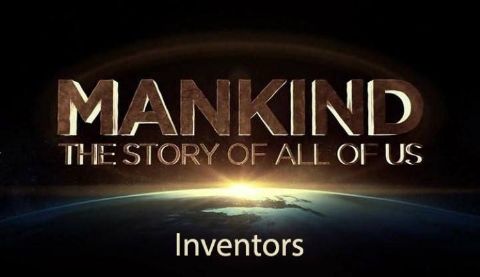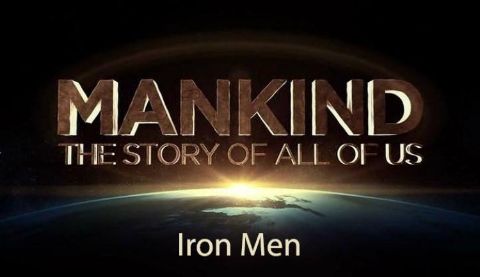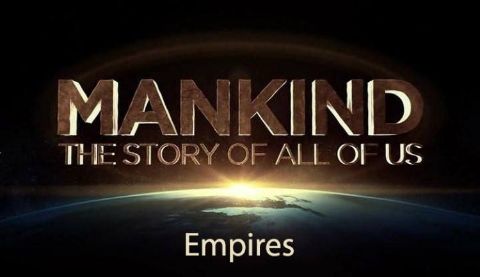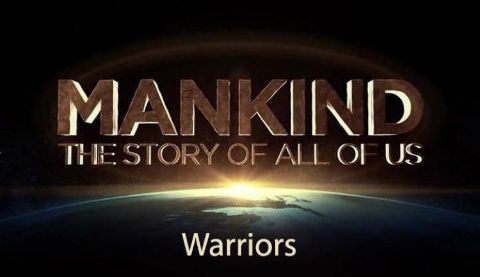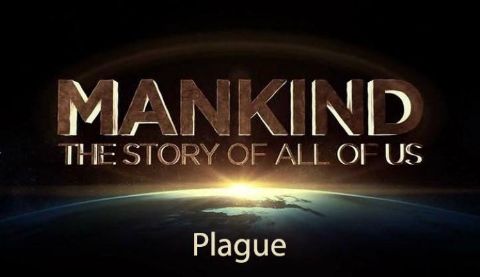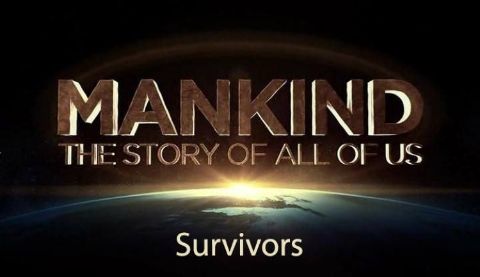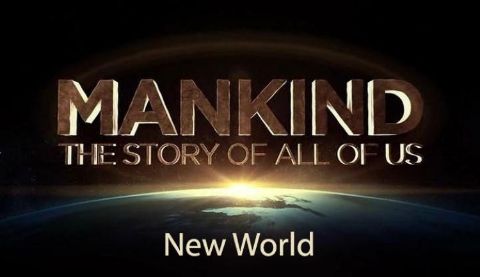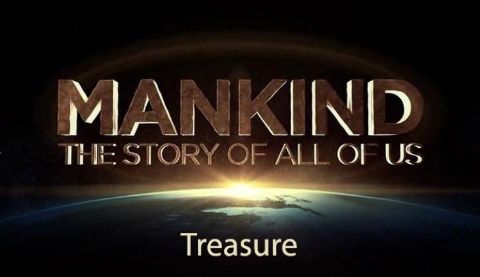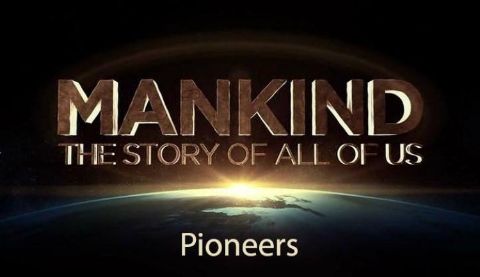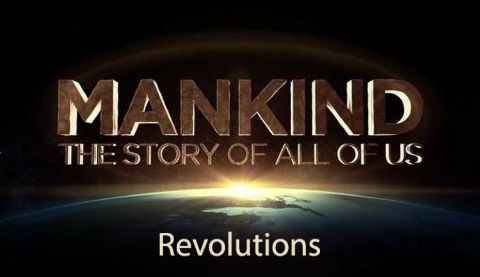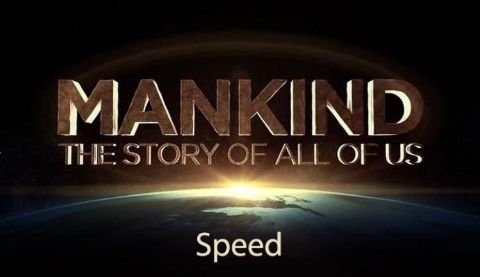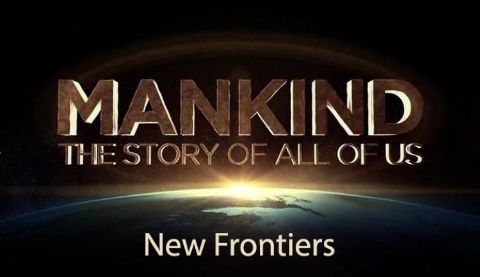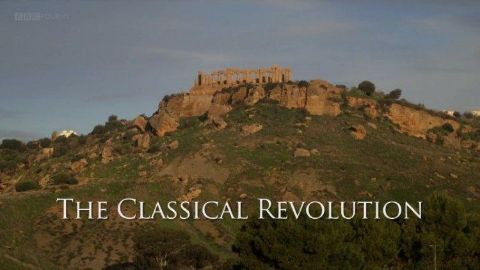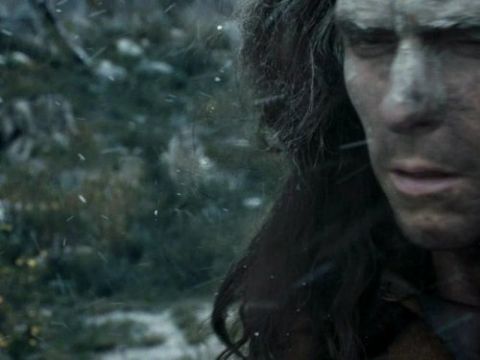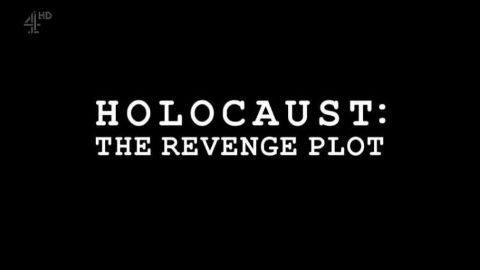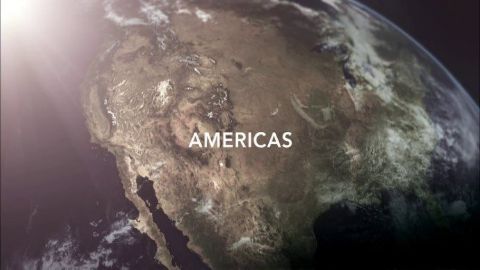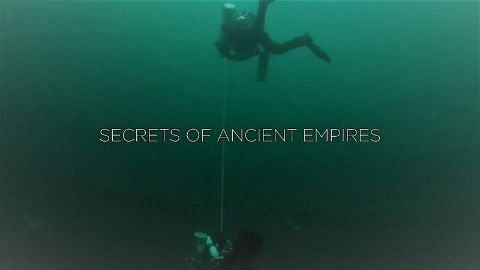New Frontiers • 2012 • episode "12/12" • Mankind: The Story of All of Us
Mankind takes on godlike powers: to feed billions of people, reshape the landscape, re-engineer the human body. The greatest power of all was unleashed over Hiroshima on 6 August 1945. Since entering the Atomic Age we’ve been living between eternity and oblivion. But at the same time, we’ve become more connected as a species. 100,000 years ago there were a few thousand hunter-gatherers on the African savannah. Today there are 7 billion of us in every corner of the globe. It’s been an amazing journey.
Make a donation
Buy a brother a hot coffee? Or a cold beer?
Hope you're finding these documentaries fascinating and eye-opening. It's just me, working hard behind the scenes to bring you this enriching content.
Running and maintaining a website like this takes time and resources. That's why I'm reaching out to you. If you appreciate what I do and would like to support my efforts, would you consider "buying me a coffee"?
Donation addresses
BTC: bc1q8ldskxh4x9qnddhcrgcun8rtvddeldm2a07r2v
ETH: 0x5CCAAA1afc5c5D814129d99277dDb5A979672116
With your donation through , you can show your appreciation and help me keep this project going. Every contribution, no matter how small, makes a significant impact. It goes directly towards covering server costs.
